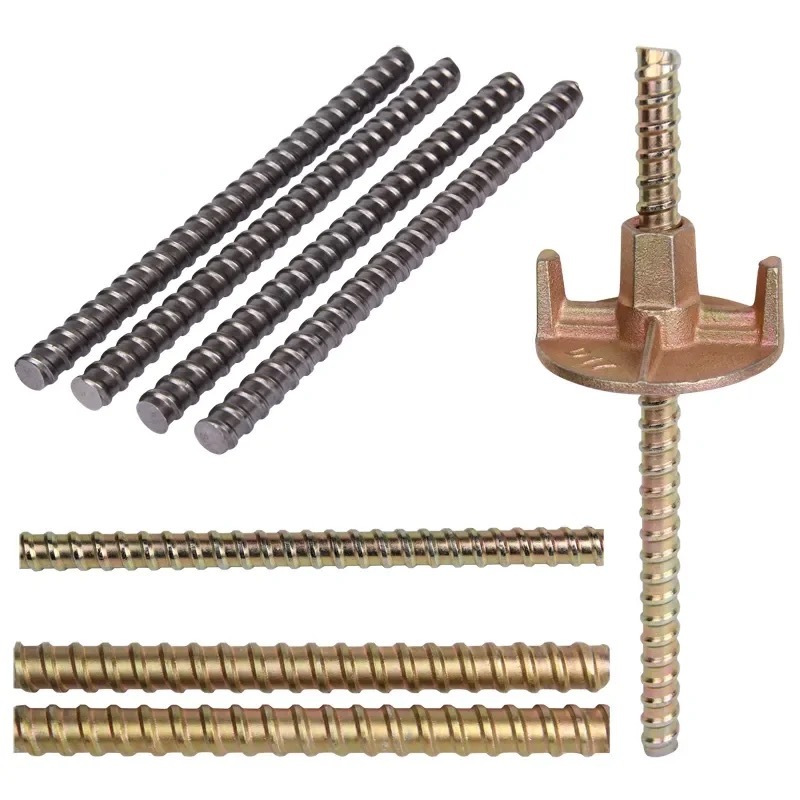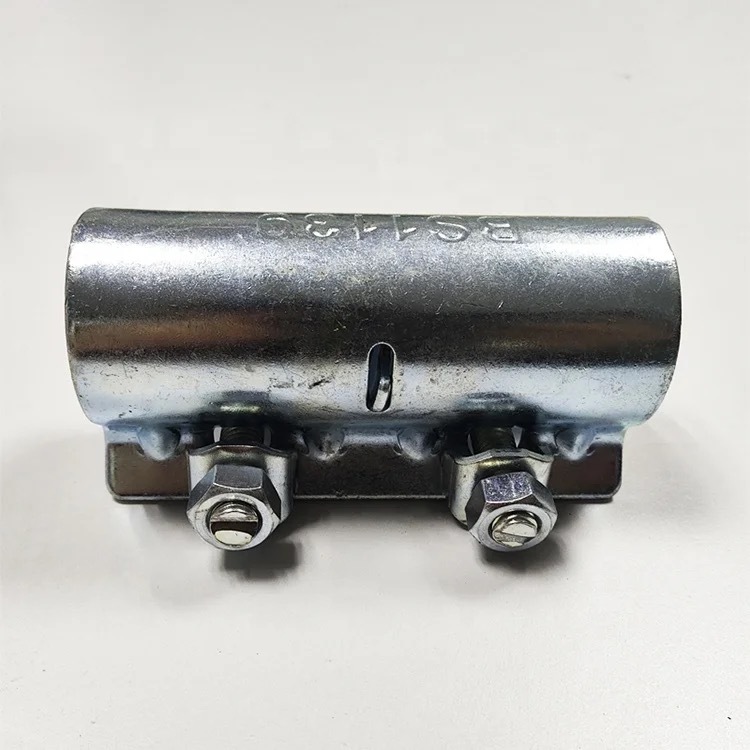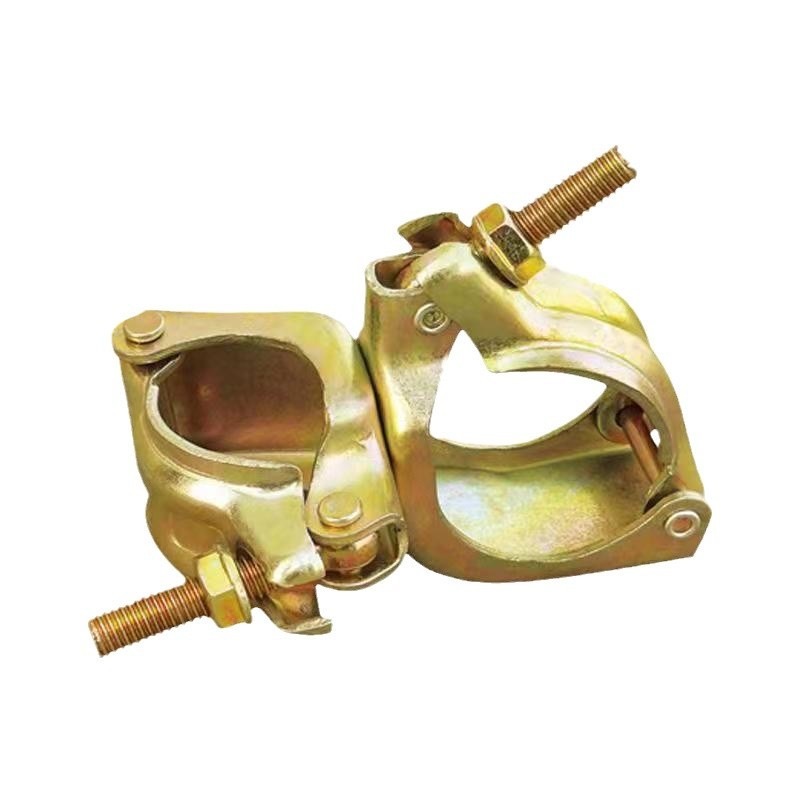Exploring Different Types of Disc Nuts: Which One Is Right for You?
Exploring Different Types of Disc Nuts: Which One Is Right for You? Table of Contents Introduction to Disc Nuts What Are Disc Nuts? Different Types of Disc Nuts Standard Disc Nuts Lock Nuts Flanged Disc Nuts Nylon Insert Lock Nuts Applications of Disc Nuts Advantages of Using Disc Nuts How to Choose the

Exploring Different Types of Disc Nuts: Which One Is Right for You?
Table of Contents
- Introduction to Disc Nuts
- What Are Disc Nuts?
- Different Types of Disc Nuts
- Applications of Disc Nuts
- Advantages of Using Disc Nuts
- How to Choose the Right Disc Nut
- Maintenance and Installation Tips
- Frequently Asked Questions
- Conclusion
Introduction to Disc Nuts
In the realm of industrial equipment and components, fasteners play a crucial role in ensuring the stability and functionality of various systems. Among these, disc nuts stand out for their versatility and reliability. This article delves into the **different types of disc nuts** available, their specific applications, and how to select the right one for your projects.
What Are Disc Nuts?
Disc nuts, often referred to as **washer nuts**, are specialized fasteners characterized by their circular shape and broad surface area. Unlike standard nuts, which may have limited contact points, disc nuts provide enhanced load distribution. This feature makes them particularly useful in applications where vibration, torque, or shear forces are prevalent.
They are frequently used in conjunction with bolts and screws, providing a secure grip on various materials. The broad surface area of disc nuts not only helps in achieving better torque but also prevents damage to softer materials, making them ideal for a wide range of assembly tasks.
Different Types of Disc Nuts
Understanding the different types of disc nuts available in the market is essential for making an informed choice. Each type serves specific functions and is designed for various applications.
Standard Disc Nuts
Standard disc nuts are the most common type, characterized by their simple design and broad surface. They are typically made from materials like steel, stainless steel, or aluminum, offering good strength and resistance to corrosion. Standard disc nuts are ideal for general fastening applications, where load distribution is essential but doesn't require additional locking mechanisms.
Lock Nuts
Lock nuts are designed to prevent loosening due to vibration or movement. They feature a unique design that holds tightly against the bolt, ensuring that the assembly remains secure even under dynamic conditions. Lock nuts can be used in conjunction with standard disc nuts for enhanced security, making them suitable for high-stress applications such as automotive and aerospace industries.
Flanged Disc Nuts
Flanged disc nuts combine the features of standard disc nuts and washers. The integrated flange provides additional bearing surface, which enhances load distribution and reduces the risk of damage to the underlying material. Flanged disc nuts are commonly used in applications where space is limited, allowing for easier installation and optimal performance.
Nylon Insert Lock Nuts
These specialized lock nuts feature a nylon insert that creates friction against the bolt threads, providing an added layer of security against loosening. Nylon insert lock nuts are perfect for applications where vibration is a concern, such as machinery and automotive uses. They are designed for repeated use, making them cost-effective in the long run.
Applications of Disc Nuts
Disc nuts find applications across various industries, owing to their versatility and reliability. Here are some common areas where disc nuts are utilized:
1. **Automotive Industry**: In vehicles, disc nuts play a vital role in securing components such as the suspension system, engine mounts, and chassis. Their ability to withstand vibration makes them ideal for high-performance applications.
2. **Construction**: Disc nuts are often used in construction projects to secure structures, including bridges and buildings. Their load-distributing properties help maintain structural integrity.
3. **Aerospace**: The aerospace industry relies heavily on disc nuts due to their strength and resistance to environmental factors. They are used in aircraft components, ensuring safety and reliability.
4. **Manufacturing**: In manufacturing processes, disc nuts provide secure fastening for machinery and equipment, enhancing operational efficiency and safety.
5. **HVAC Systems**: Disc nuts are used in HVAC installations to secure ductwork and other components, ensuring proper airflow and system performance.
Advantages of Using Disc Nuts
The advantages of disc nuts extend beyond their basic functionality. Here are several reasons why these fasteners are a preferred choice in various applications:
1. **Enhanced Load Distribution**: The broad surface area of disc nuts allows for better load distribution, reducing the risk of material deformation and failure.
2. **Vibration Resistance**: Locking mechanisms in certain disc nuts prevent loosening due to vibration, making them ideal for high-stress environments.
3. **Ease of Installation**: Many disc nuts feature designs that facilitate quick and easy installation, saving time and effort during assembly.
4. **Corrosion Resistance**: Available in various materials, including stainless steel, disc nuts can resist corrosion, making them suitable for outdoor and industrial applications.
5. **Versatility**: Disc nuts can be used in a wide range of applications, from automotive to construction, showcasing their adaptability in different industries.
How to Choose the Right Disc Nut
Selecting the appropriate disc nut requires careful consideration of several factors. Here are some critical aspects to keep in mind:
1. **Material Composition**: Choose a material that suits your environment. For outdoor applications, consider stainless steel or coated materials for enhanced corrosion resistance.
2. **Load Requirements**: Assess the load requirements of your application. Higher loads may necessitate the use of flanged or lock nuts.
3. **Environmental Factors**: Consider environmental factors such as temperature fluctuations, moisture, and exposure to chemicals. These elements can significantly impact the performance and durability of disc nuts.
4. **Installation Space**: Evaluate the available installation space. Flanged disc nuts might be more suitable for tight spaces due to their integrated design.
5. **Cost vs. Performance**: While cost is a consideration, ensure you balance it with the performance requirements of your application to avoid compromising safety and functionality.
Maintenance and Installation Tips
To ensure optimal performance and longevity of disc nuts, follow these maintenance and installation tips:
1. **Pre-Installation Inspection**: Before installation, inspect the disc nuts for any defects or damage. Replace any compromised fasteners to ensure reliability.
2. **Proper Torque Settings**: Adhere to recommended torque settings during installation to prevent overtightening or undertightening, which can lead to failure.
3. **Regular Maintenance Checks**: Conduct regular maintenance checks on assemblies that utilize disc nuts, particularly in high-vibration environments. Look for signs of wear and replace as necessary.
4. **Use of Thread Locking Compounds**: In applications where vibration is a concern, consider using thread locking compounds to further secure the connection and prevent loosening.
5. **Clean Installation Surfaces**: Ensure that installation surfaces are clean and free from debris. This will enhance the effectiveness of the disc nut and prevent slippage.
Frequently Asked Questions
1. What is the primary function of disc nuts?
Disc nuts primarily serve to provide secure fastening in various applications, enhancing load distribution and preventing loosening due to vibration.
2. Can disc nuts be reused?
Yes, disc nuts, especially those designed with locking mechanisms, can be reused. However, it is essential to inspect them for wear and damage before reinstallation.
3. What materials are disc nuts made from?
Disc nuts can be made from various materials, including steel, stainless steel, aluminum, and nylon, each offering different properties suited to specific applications.
4. How do I determine the right size disc nut for my project?
To determine the right size, you need to match the disc nut to the diameter and thread pitch of the corresponding bolt or screw.
5. Are flanged disc nuts better than standard disc nuts?
Flanged disc nuts offer improved load distribution and stability compared to standard disc nuts, making them a better choice for certain applications, especially in constrained spaces.
Conclusion
In summary, understanding the various types of disc nuts available can significantly impact the success of your projects. With their enhanced load distribution, resistance to vibration, and versatility across different industries, disc nuts are critical components that ensure the stability and reliability of assemblies. By carefully considering your specific requirements and selecting the right type of disc nut, you can enhance the overall performance of your applications. Make informed choices, and your projects will benefit from the robust advantages these fasteners provide.
Key words:
PREVIOUS:
PRODUCT SEARCH
Search And Quickly Find The Products You Need
With advantages in technology, quality, and service, the company is steadily advancing in the industry, continuously providing high-quality hydraulic rubber products and services to global customers, demonstrating strong development potential and broad market prospects.











